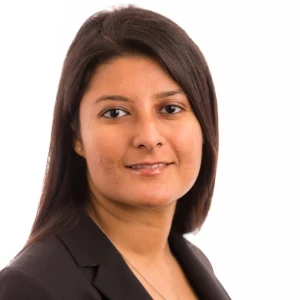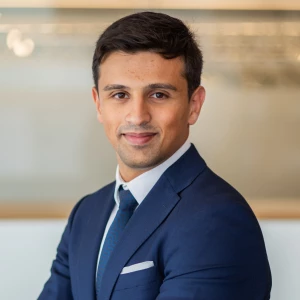Hi all, I heard that in partner rounds, cases are more “open”, and very often there will be no specific metrics for success (for instance, not even saying client focus on “profitability”). This sounds more like practical business problems as case books are a bit “theoretical”.
How would you deal with a case, if there are no specific objectives and metrics of success (especially if it's a very “free flow” case)? Does it make sense to discuss the KPI and reach a consensus on one or multiple objectives with the interviewer?













